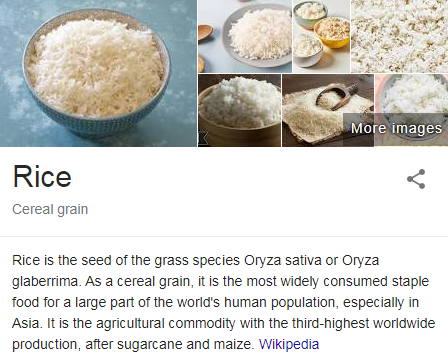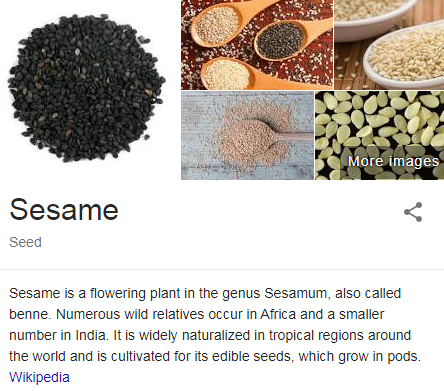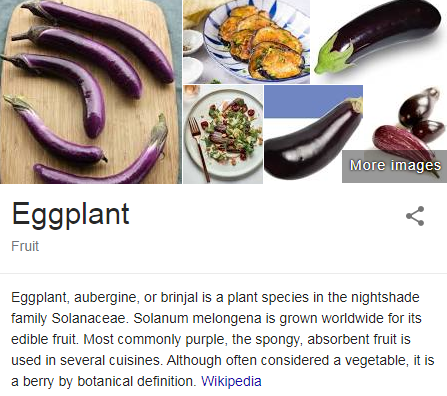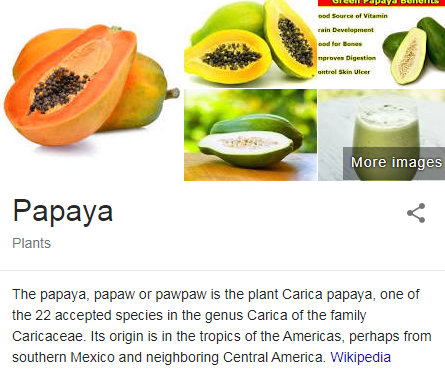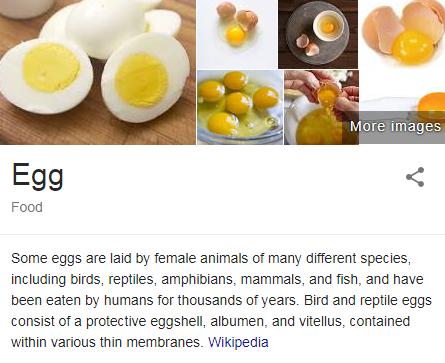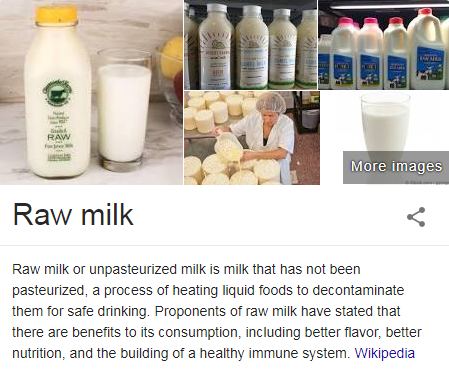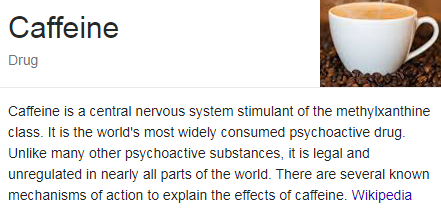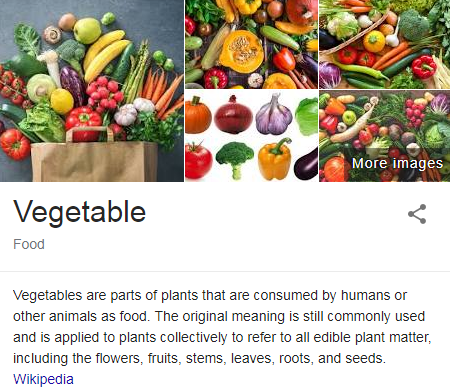 |
| Foods to Avoid During Pregnancy |
At the time of pregnancy, it is advisable to pay special attention to catering to the pregnant. This is the only time in a woman’s life when every person tells her experiences related to food to pregnant and her near ones. At this time, if the pregnant woman misses a little nutritious food, then it can have serious consequences.
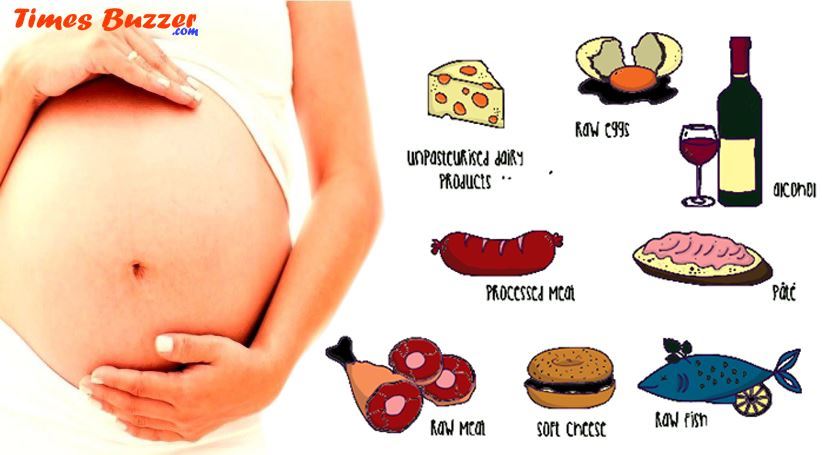 |
| Avoid These Foods During Pregnancy |
During pregnancy, the body of women needs more nutrients. Therefore, at this time, women should take such a diet that can nourish not only them but also the baby. At this time, coffee, tea, cold drinks and external food should be avoided, if the mother’s body gets more caffeine then it will affect the child’s development.
Foods or Things Not To Eat When Pregnant
The time of pregnancy is very important. What women eat during pregnancy directly affects the child. During this time, it is very important to have a good and nutritious diet to keep the body healthy and healthy. Today, we will know through this article what foods should be avoided during pregnancy.
- Rice
- Sesame
- Eggplant
- Raw papaya
- Pineapple
- Fenugreek seeds
- Raw Meat
- Raw Eggs
- Unpasteurized Milk
- Caffeine
- Alcohol
- Unwashed Vegetables
1. Rice
Eating rice during pregnancy in India causes stomach aches, so you should avoid eating rice. Like everything else, rice is something that should be consumed in moderation. It also depends a lot on the diet that you have followed, the region you live in, and your cultural specifications.
Rice contains a wide range of nutrients that you need during your pregnancy to stay healthy and ensure that the baby grows without any trouble. There are ample amounts of vitamin D, thiamine, calcium, iron, riboflavin, and fiber in rice. Rice is very high in fiber and water content, and that alone should propel you to make a grab for it. Every pregnant woman is familiar with digestive issues that come as part and parcel of pregnancy.
There are some side effects to eating too much rice. For instance, it contains a lot of carbohydrates, which will make you put on some extra pounds. While a little is desirable in pregnancy, you must not become overweight. Besides, if eaten in extreme amounts, the sugar content in rice might lead to gestational diabetes, which is a rare but very dangerous disorder that occurs only during pregnancy.
2. Sesame
In earlier times, when allopathic medicines were not available, a mixture of sesame and jaggery was consumed twice a day to prevent unwanted pregnancy. Sesame seeds can stimulate the muscles of the uterus to cause contractions in them. Especially in the first trimester of pregnancy, women should avoid eating sesame. Instead, pregnant women can safely consume pistachio, walnuts and peanuts and other dry fruits such as raisins and nuts like almonds.
3. Eggplant
Pregnant women may have a lot of gas problems due to eating brinjal, which can cause nervousness and discomfort, so it is not advisable to eat brinjal during pregnancy.
4. Raw Papaya
Papaya is a very healthy fruit, but during pregnancy, the pregnant is advised to eat only ripe fruit. Raw papaya contains a high amount of latex, which narrows the uterus. Raw papaya can also cause miscarriage.
5. Pineapple
This fruit should not be consumed in the first trimester. One of the major elements present in pineapple is bromelain which directly affects the cervix. Abortion may also occur due to contractions.
6. Fenugreek Seeds
Fenugreek can be eaten only in small quantities for taste, but it should not be eaten in large quantities. Fenugreek rash should be avoided before the 37th week as it can cause premature labor. Some women are naturally allergic to fenugreek. In such a situation, they may have to face problems like swelling, blocked nose and wheezing.
7. Raw Meat
Uncooked seafood and rare or undercooked beef or poultry should be avoided due to the risk of contamination with coliform bacteria, toxoplasmosis, and salmonella.
8. Raw Eggs
Raw eggs or any foods that contain raw eggs should avoid the potential risk of salmonella. Some homemade Caesar dressings, mayonnaise, homemade ice cream or custard, and hollandaise sauce can be made with raw eggs. If the recipe is cooked at some point, it will reduce exposure to salmonella. Commercially manufactured ice cream, dressings and eggs are made from pasteurized eggs and do not increase the risk of salmonella.
Restaurants should use pasteurized eggs in any recipe that is made from raw eggs, such as hollandaise sauce or dressing.
9. Unpasteurized Milk
Unpasteurized milk may contain listeria. Make sure that any milk you drink is pasteurized.
10. Caffeine
Although most studies suggest that caffeine intake can be reduced in moderation, there are some others that suggest that caffeine intake may be related to miscarriage. Avoid caffeine during the first trimester to reduce the chance of miscarriage. As a general rule, caffeine should be limited to less than 200 mg per day during pregnancy. Caffeine is a diuretic, which means that it helps eliminate fluids from the body.
This can cause water and calcium deficiency. It is important that you are drinking plenty of water, juice, and milk instead of caffeinated beverages. Some research suggests that large amounts of caffeine are associated with miscarriage, premature birth, low birth weight, and withdrawal symptoms in infants. The safest thing is to avoid caffeine intake.
11. Alcohol
There is no amount of alcohol considered safe during pregnancy, and therefore alcohol should be avoided during pregnancy. Prenatal exposure to alcohol can hinder the healthy development of the infant. Alcohol consumption during pregnancy can cause fetal alcohol syndrome or other developmental disorders depending on the amount, timing, and pattern of use during pregnancy.
If you used to drink alcohol before getting pregnant, stop drinking now. You should avoid alcohol during breastfeeding. Exposure of alcohol to an infant poses a harmful risk, and alcohol reaches the baby during breastfeeding.
12. Unwashed Vegetables
Vegetables are safe, and an essential part of a balanced diet. However, it is necessary to ensure that they are washed to avoid the potential risk of toxoplasmosis. Toxoplasmosis can contaminate the soil where the vegetables were grown.
All these foods should be avoided during pregnancy. It is advisable to consult a doctor before consuming food that does not know the advantages and disadvantages.
Eating well balanced is important all the time, but it is even more important when you are pregnant. There are essential nutrients, vitamins and minerals that your developing child needs. Most foods are safe; However, certain foods should be avoided during pregnancy.
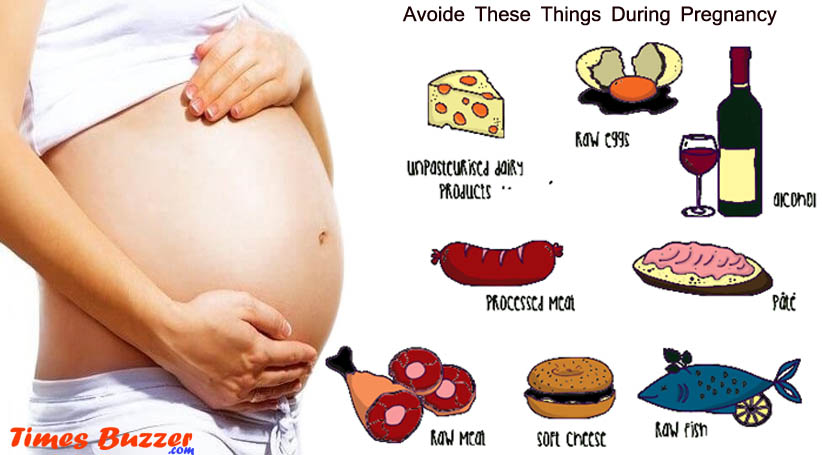 |
| Foods Not to Eat When Pregnant or During Pregnancy |
Related Links
The above information is for your knowledge. Advice of elders or advice of an expert is very important for any major decision. The Times Buzzer does not want you and your loved ones to have any kind of problem. Times Buzzer is always trying to give you the best information. If you like the information provided by us, then do share it with your friends. Thank you!
